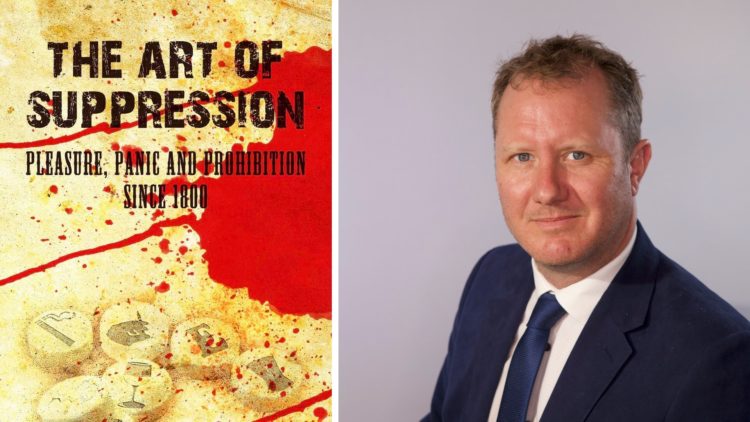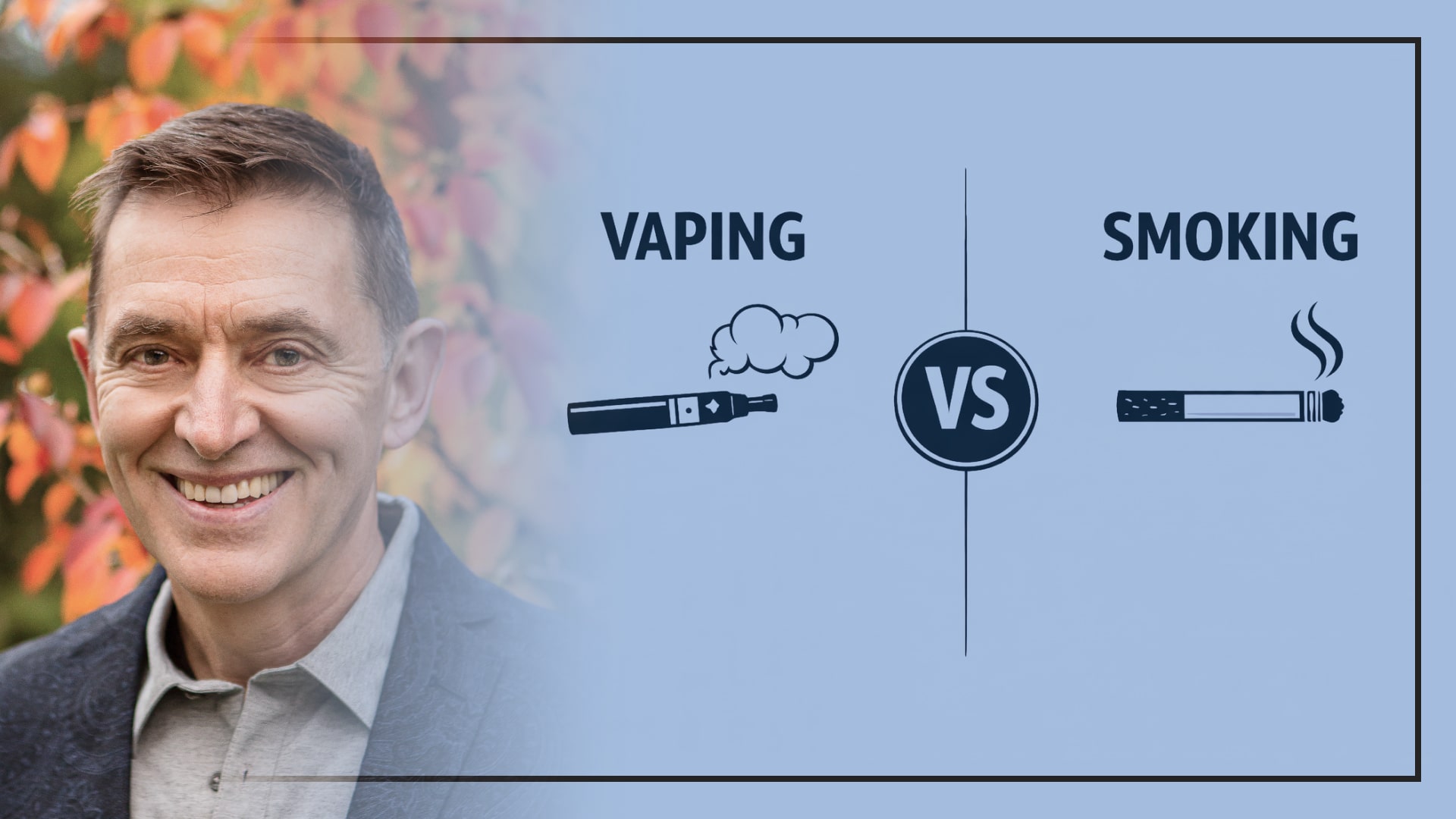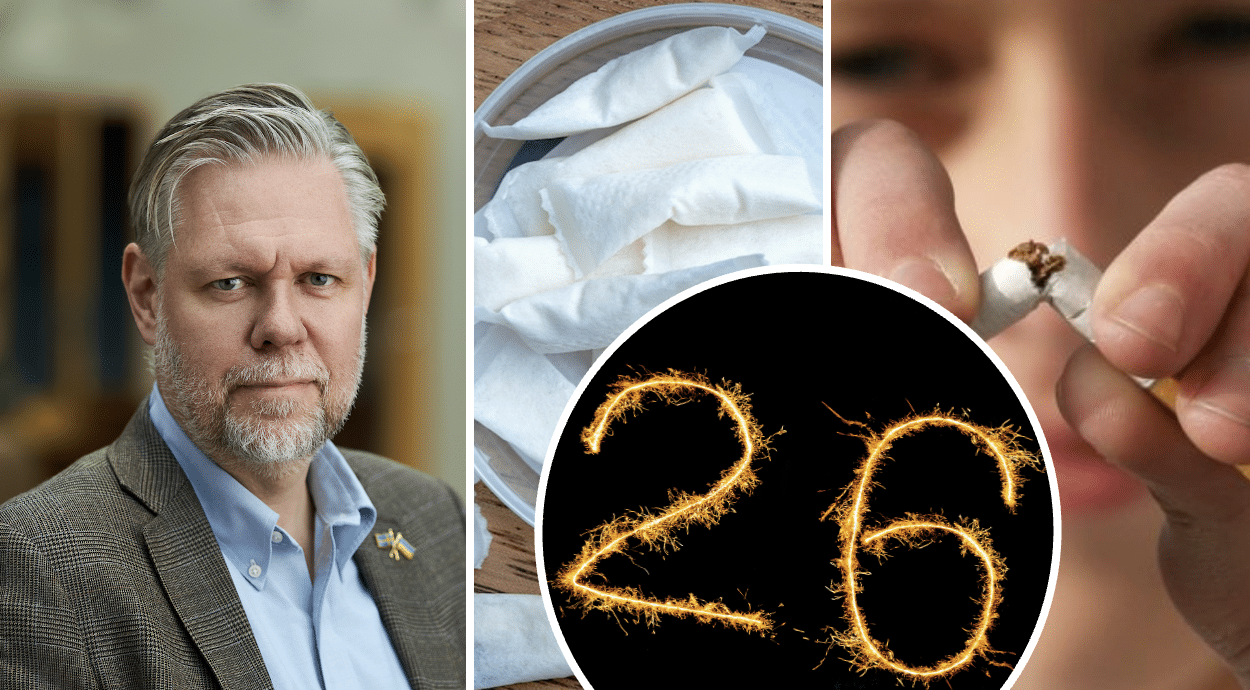
Christopher Snowdon: snus ban a ‘shameful episode’ in EU history
In an exclusive interview with Snusforumet, author and commentator Christopher Snowdon reflects on the legacy of the EU snus ban ten years after he published an exhaustive account of the “shameful episode” in his book, The Art of Suppression.
First published in 2011, Christopher Snowdon’s The Art of Suppression: Pleasure, Panic and Prohibition since 1800, looks at several attempts by policymakers and activists to enact various bans over the last two centuries.
Since 2013, Snowdon has headed research on lifestyle economics at the Institute of Economic Affairs where he publishes the biennial Nanny State Index. And he has long been fascinated by policymakers’ belief in their ability to eradicate certain behaviours and substances.
“The idea of eradicating nicotine use has been around for a long time but is always kind of portrayed as something that will happen in about 20 years’ time And the opponents are always quite convinced it will happen,” he tells Snusforumet.
“It’s a utopian view, and tobacco harm reduction and harm reduction in general is much more pragmatic. It takes people as they are, accepts that eradication is not possible and that prohibition is not desirable, rather than trying to wage a moral crusade against addiction.”
To mark the ten-year anniversary of the book, Snowdon revisits the book’s chapter detailing the story behind the EU snus ban in an interview with Snusforumet, which is also making the chapter available online.
What follows is the Snusforumet interview with Christopher Snowdon about the book. The original transcript has been edited for length and clarity.
Why did you write The Art of Suppression?
Well, my first book was a history of anti-smoking. And it was kind of a natural follow up to look at other products that have been attacked over the years. Snus was one substance that I hadn’t really covered in my previous book, and I was aware there was quite a story there. So, I included snus as one of the chapters.
What attracted you to the story of the EU’s ban on snus?
For one thing, there is sort of a British angle to all of this because it was really the British who helped get Skoal Bandits and snus banned in the first place.
And everything about that story is interesting. You’ve got government intransigence; you’ve got a particular reading of science and the particular way that science is portrayed to bring about a certain policy objective – to ban snus; and you’ve got a certain amount of political intrigue.
So, it’s a story that most people are not familiar with and that was a reason for writing about it. I wanted to put at least one chapter in the book that had a story that had not really been told before.
What did tobacco regulations look like when you wrote the book?
In Europe, and particularly in Britain, we were in the middle of a period of quite intense supply side policy change with tobacco. We had the smoking ban in 2007; there were graphic warnings and bans on vending machines; they had raised the age at which people could buy cigarettes; plain packaging was already being talked about; we had big tax hikes, and so on.
And this was fairly typical of what was going on around the Western world at the time. There was a real push, I wouldn’t say towards prohibition, per se, certainly not explicitly, but a real sense of hammering smokers, with increasingly draconian laws. And they were starting to really have a punitive effect but weren’t having much effect on the smoking rate in Britain.
And in the EU, the second Tobacco Products Directive was still a couple of years off but was beginning to be discussed early in 2011 when the book was written. And, you know, being naive, I kind of thought there was a good chance that the snus ban would be lifted.
What made you think the EU snus ban would be lifted?
I was really naive. I assumed they would have to capitulate to the evidence at some point. And of course, I’d seen before how evidence can be sidelined if it doesn’t suit political purposes.
But the EU had already changed the warnings on snus in the one country where it could be sold, Sweden, taking off the cancer warning in around 2001 because the evidence clearly showed it wasn’t linked to any form of cancer. So scientifically, I didn’t think the EU had a leg to stand on. The weight of evidence was so strong at that point.
There was growing evidence that snus was the main reason why Sweden had such remarkably low smoking rates, particularly amongst men. I mean, just the basic fact that Sweden had the lowest rate of smoking by some distance of any EU country, you might think that any EU directive aimed at reducing the smoking rate would try and emulate best practice from its member states. But of course, that didn’t happen.
How has the discussion changed since then?
Nicotine has become a much greater part of the rhetoric and it’s been interesting to watch that transformation.
Twenty years ago, nicotine suddenly underwent this image change when nicotine replacement therapy was going to create a smoke-free world. It became marketed as “therapeutic nicotine”, which was supposedly totally different from the nicotine you get in cigarettes.
But since then, we’ve had debates about snus, e-cigarettes, and nicotine pouches where there really is no significant health harm. So, opponents have begun to focus on nicotine again.
It’s really a sign of desperation. While the general public may be pretty ignorant about nicotine and large numbers of people still believe nicotine causes cancer, it’s simply not true.
But it’s been amusing to see the image change for nicotine over the years, from being the Nick O’Teen in 1980s anti-smoking ads, to being therapeutic with the WHO hooking up with pharmaceutical companies on anti-smoking projects, to having things swing back again to it being something that will give your child brain damage.
What do you hope people get out of the chapter on snus?
I hope they understand that, unfortunately, health policy isn’t always about health and it’s not always about science. There’s a lot of politics involved. And it’s far from a perfect process.
And that the people who are supposedly acting in our best interests are not actually always doing so. Sometimes it’s due to ignorance, as was certainly the case for many politicians when it came to the whole Skoal Bandits issue in the late 1980s. But it’s increasingly less forgivable to be ignorant about these issues.
There’s no excuse for people involved in policymaking not to be aware of what’s happened in Sweden and Norway with snus, and similarly in Britain and other countries with e-cigarettes.
It’s a shameful episode in the EU’s history, but one that more people need to understand and learn from.
Click here to access the chapter on snus from Christopher Snowdon’s book, The Art of Suppression: Pleasure, Panic and Prohibition since 1800.




